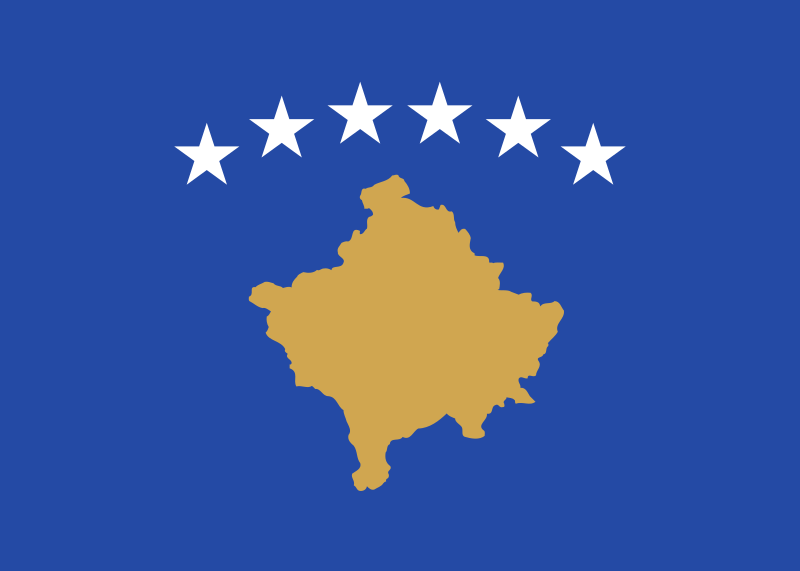Kosovo is not meaningfully independent

In the West we tend to view tinkering in the politics of other countries in order to encourage adoption of regimes in the style to which we are accustomed, as an act of unalloyed beneficence. This interpretation is not always shared by people elsewhere. Indeed in Russia the governments which have emerged through US and EU sponsorship of the so-called ‘Colour Revolutions’ are perceived ostensibly as puppet regimes in an expansionist ideological empire.
There may be merit in this view, but it is rather overstated. Although Western money and encouragement are being used to bring to bear influence, although there is to a degree direct intervention in foreign polities of the most dubious legality, the sovereignty of these states does largely still rest with the governments which may rise or fall due to this intervention. In Ukraine, Georgia, Uzbekistan and elsewhere the West may have gained influence, but this influence has remained nominally indirect.
In the former Yugoslavia something different is unfolding. It is something more direct and something which alternative polarities in the world’s geo-politics have every right to be concerned about. Jonathan Laughland in yesterday’s Guardian was quite correct in asserting that whatever power Kosovo’s parliament nominally wields, it will not be independent and in no meaningful way will Kosovo constitute a sovereign nation. With UN officials being replaced by those of the EU, and with Kosovo’s security continuing to be managed by NATO, Kosovo is in effect an EU / US protectorate.
Not only is Kosovo’s security only underpinned by the presence of 16,000 NATO troops, with a further 1,000 to arrive this month, but the government’s existence rests entirely on the assent of the US and the EU. Should Thaci and his thugs attempt to assert any semblance of independence, they will soon discover that there would have been more functional autonomy for Kosovo, as a self-governing region of Serbia.
(Pictured - Kosovo's new flag heavily influenced by the EU's)
Comments